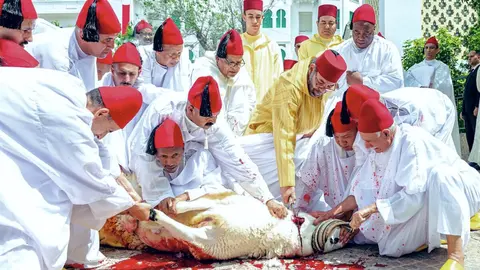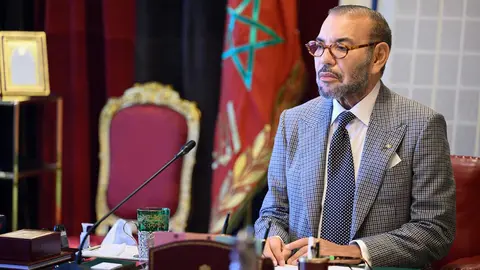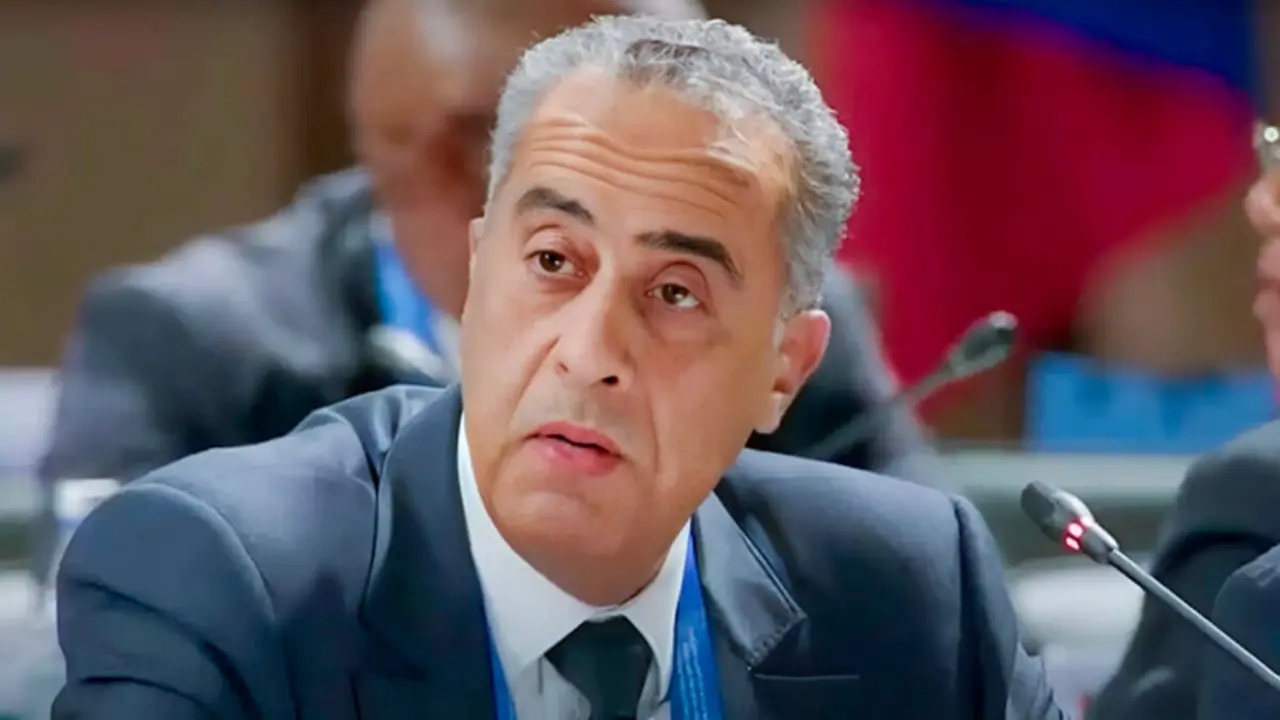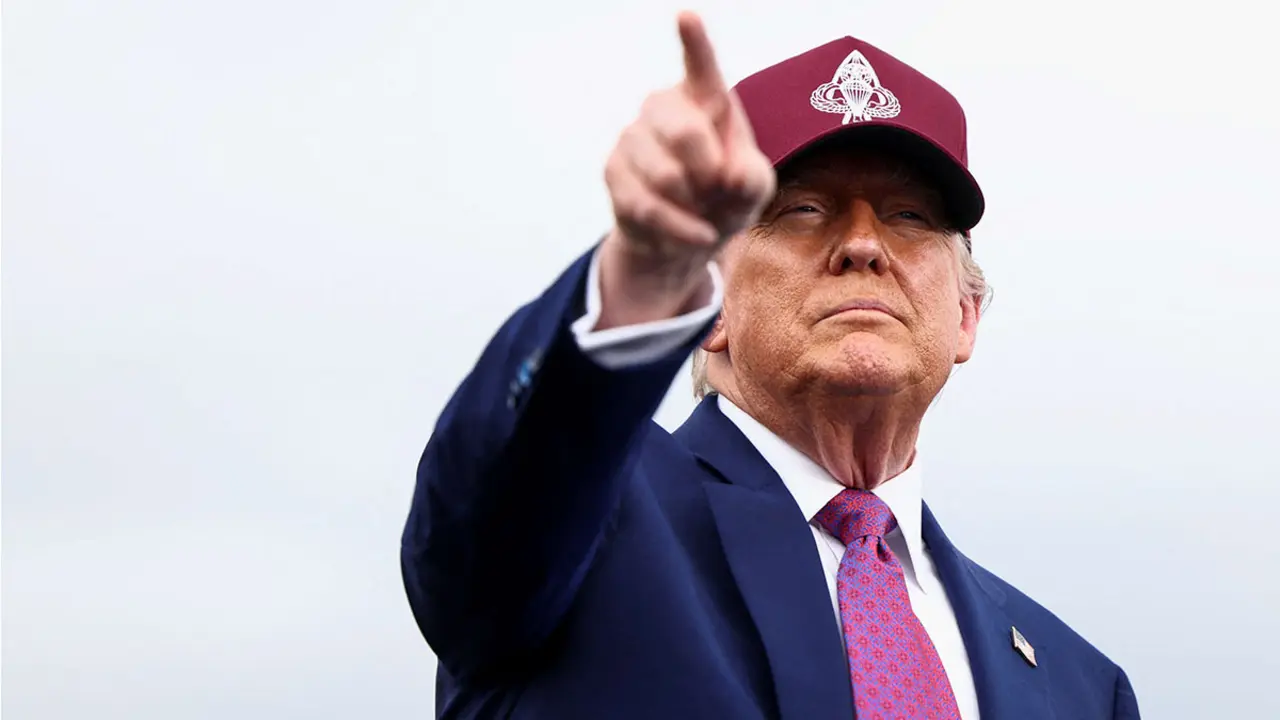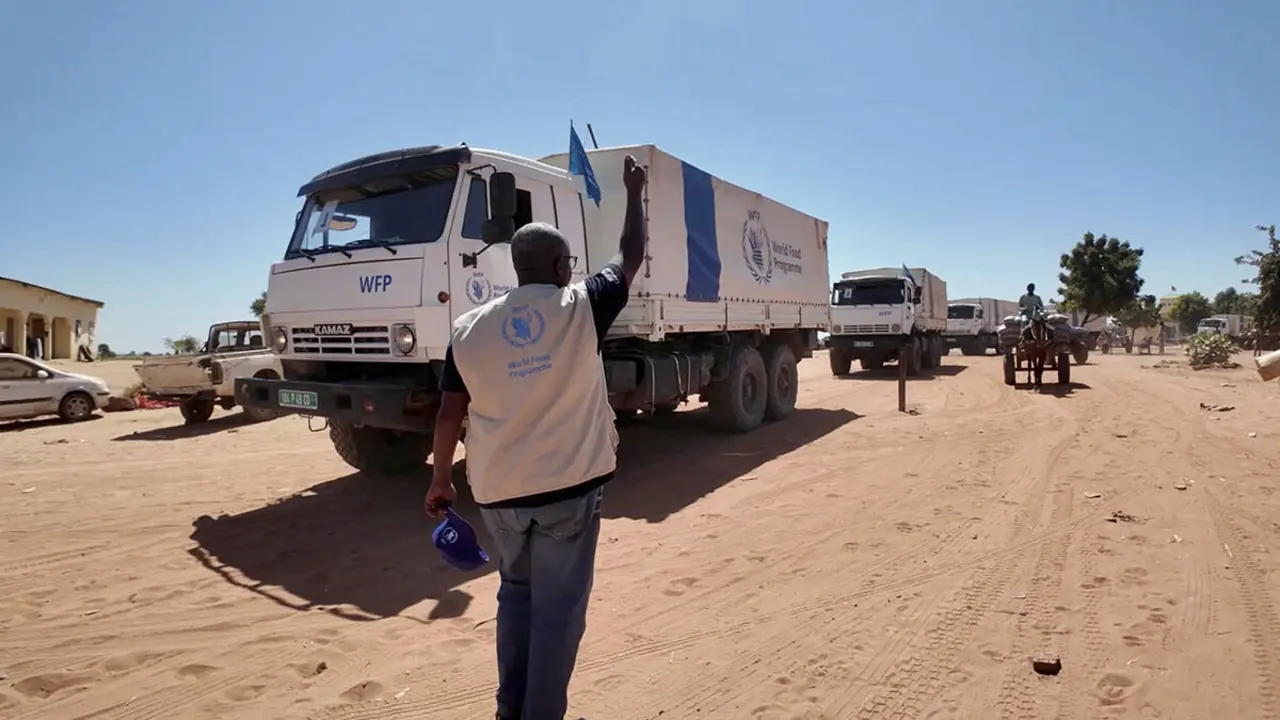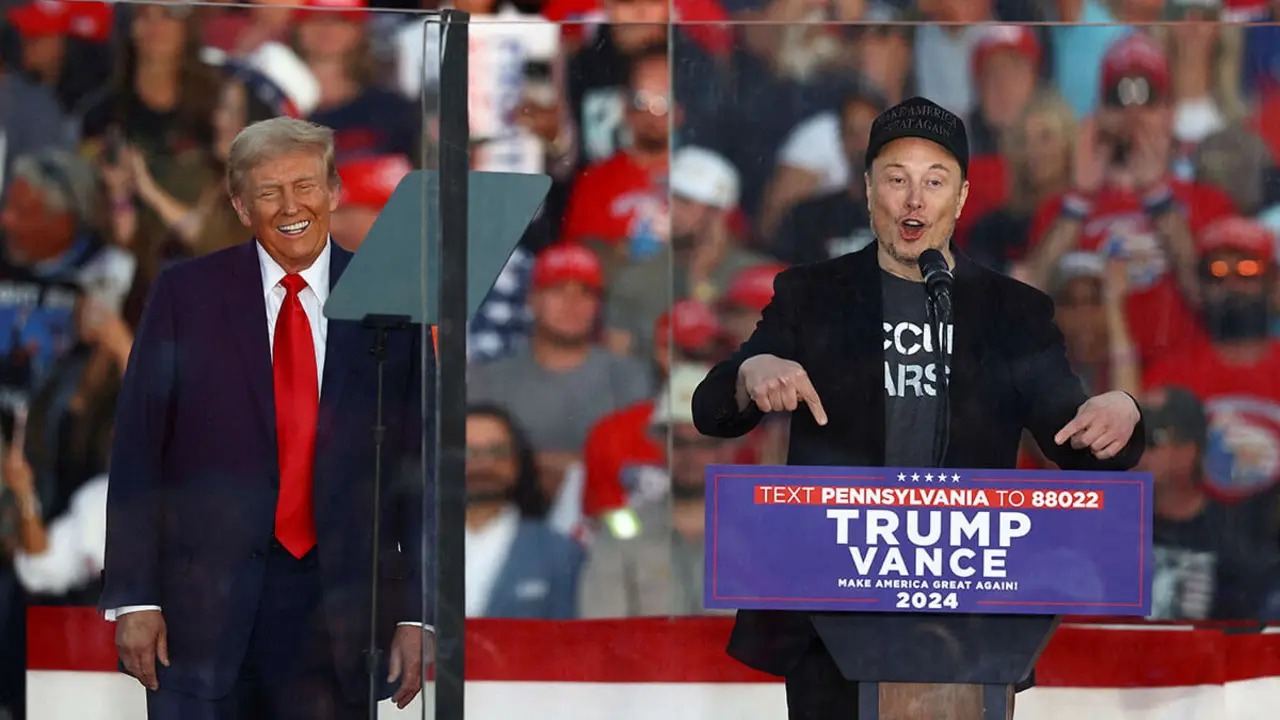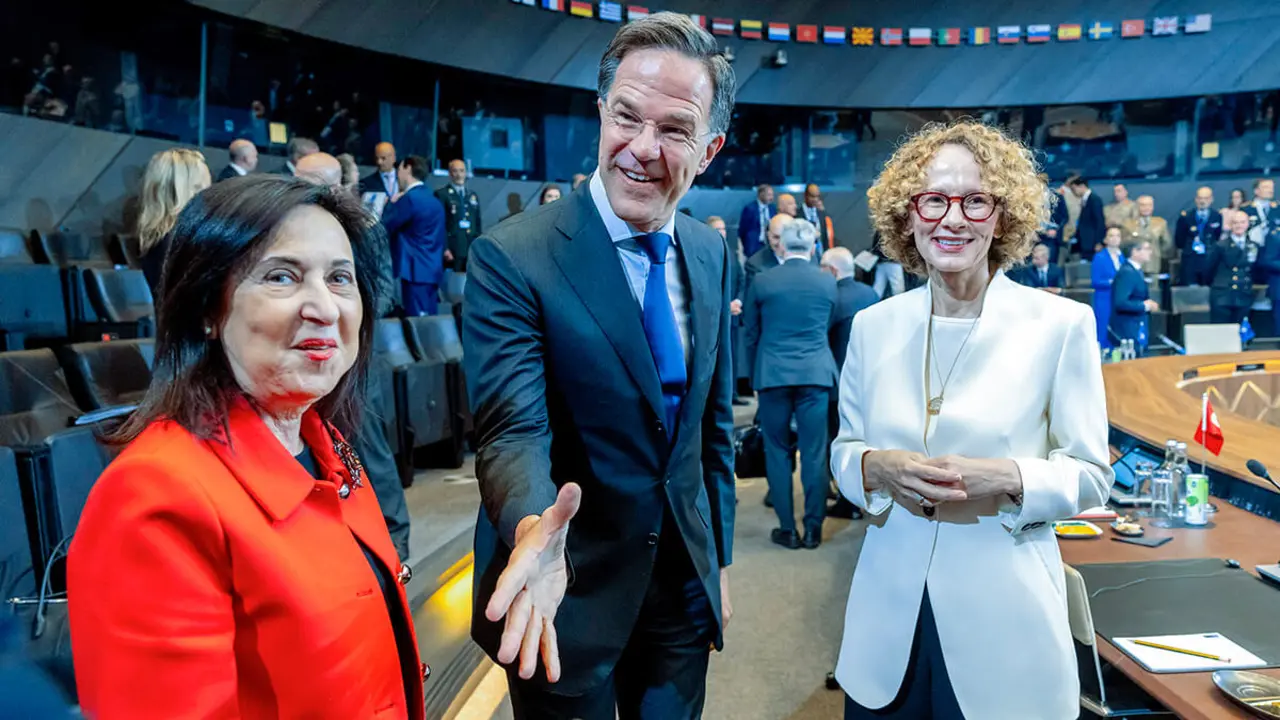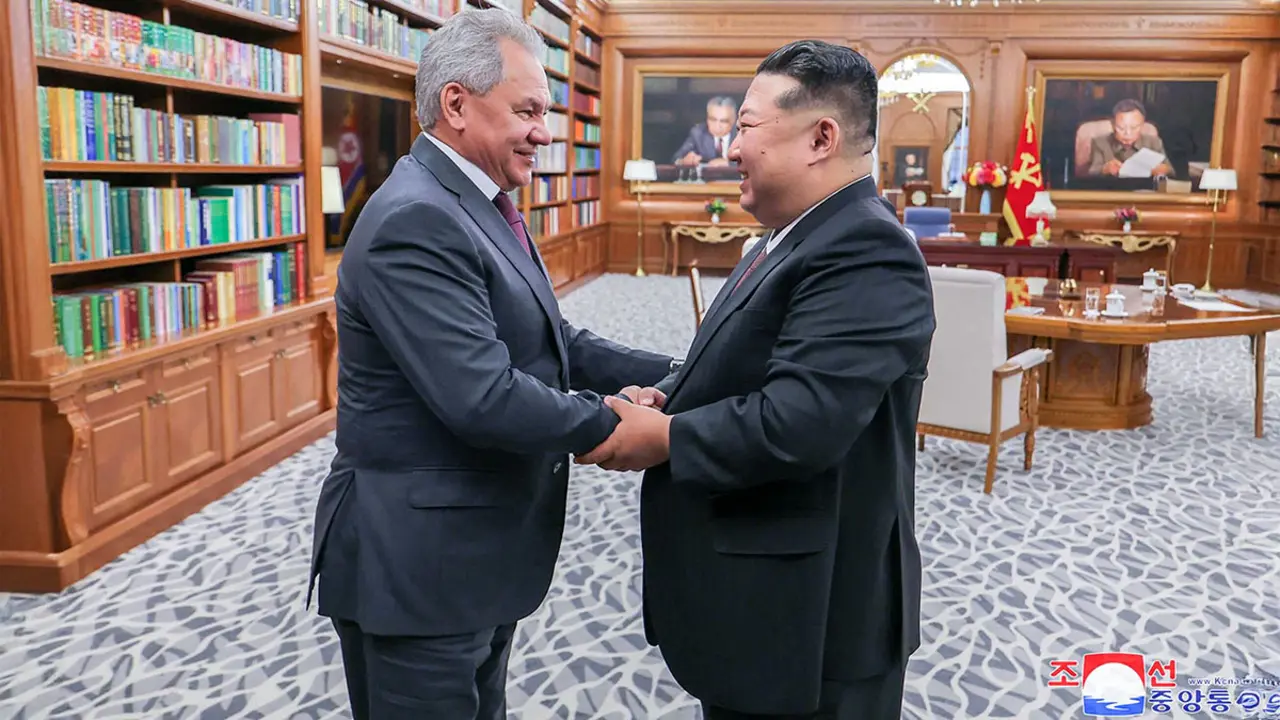Mohammed VI promotes a new maritime era for Africa with an ambitious strategic vision
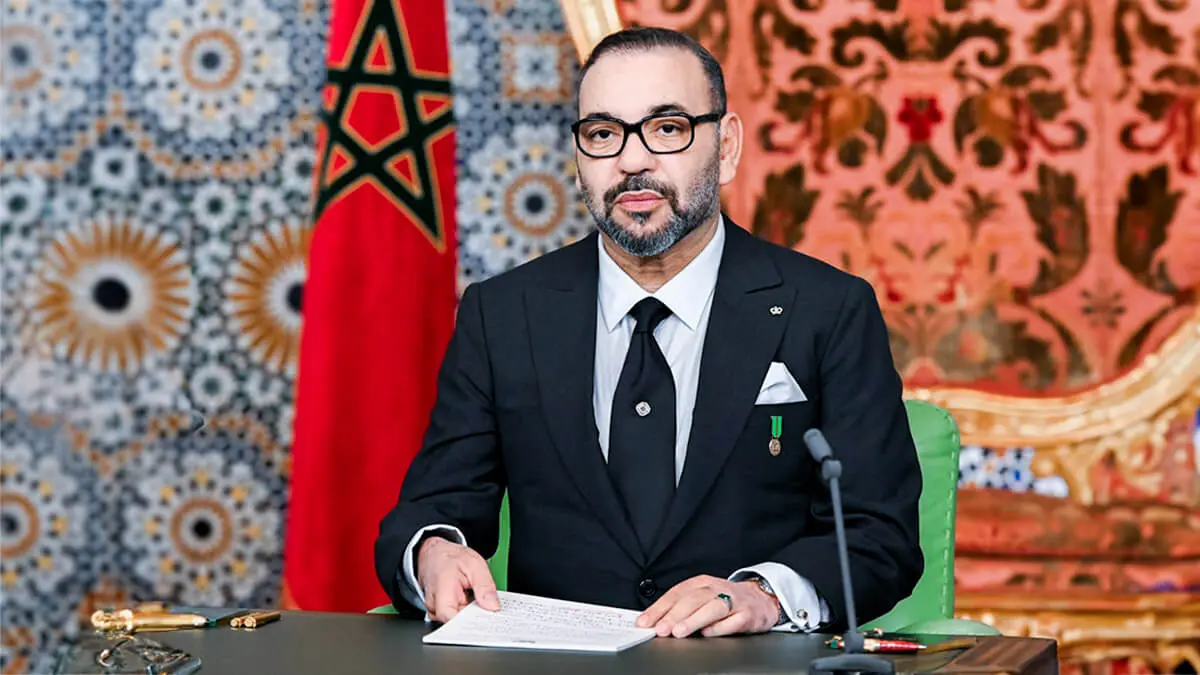
In a message of great strategic importance, the King of Morocco, Mohammed VI, called for a redefinition of Africa's maritime role and the integration of its ocean policies with a vision of sustainable development. This message was read on his behalf by his sister, Princess Lalla Hasnaa, during the ‘Africa for the Ocean’ summit held in Nice, France, which he co-chaired with French President Emmanuel Macron.
The royal message positioned the ocean as an essential element in achieving food sovereignty, energy security and regional cohesion, positioning it as a true driver of sustainable development and a fundamental legacy for future generations. ‘The blue economy is no longer an environmental luxury, but a strategic necessity,’ said the monarch, stressing the urgency of rethinking the use of African marine resources under a structured and interconnected approach.
The king structured his vision around three fundamental axes. Firstly, sustainable blue growth. In this regard, Morocco proposes to transform sectors such as aquaculture, renewable marine energies, port industries, marine biotechnologies and responsible coastal tourism into real engines of progress. According to the royal message, these sectors must be structured as solid value chains, reinforced by adequate investment and infrastructure. Examples of this are the Kingdom's flagship projects such as the Tangier Med container port and the future Nador West-Med and Dakhla Atlantic ports, which reflect a profound reconfiguration of the national port landscape with a logistical and industrial focus.
Another key pillar is South-South and regional cooperation in ocean spaces. To promote this partnership, Mohammed VI called for an African alliance based on shared ownership, co-management and collective protection of the Atlantic Ocean. He stressed that maritime challenges go beyond national boundaries and require a continental approach to improve value chains, secure trade routes and distribute ocean wealth more equitably. He also urged Africa to become actively involved in protecting marine biodiversity, developing appropriate maritime security mechanisms and consolidating a common voice in international forums.
Finally, he highlighted the need for maritime efficiency through Atlantic political integration. The monarch stressed that the African Atlantic coast has historically been neglected despite its enormous geostrategic potential. In response, Rabat has launched the African Atlantic Initiative, an ambitious project aimed at transforming the Atlantic region into an area of strategic dialogue, economic integration and collective security, with innovative, mobilising and practical governance.
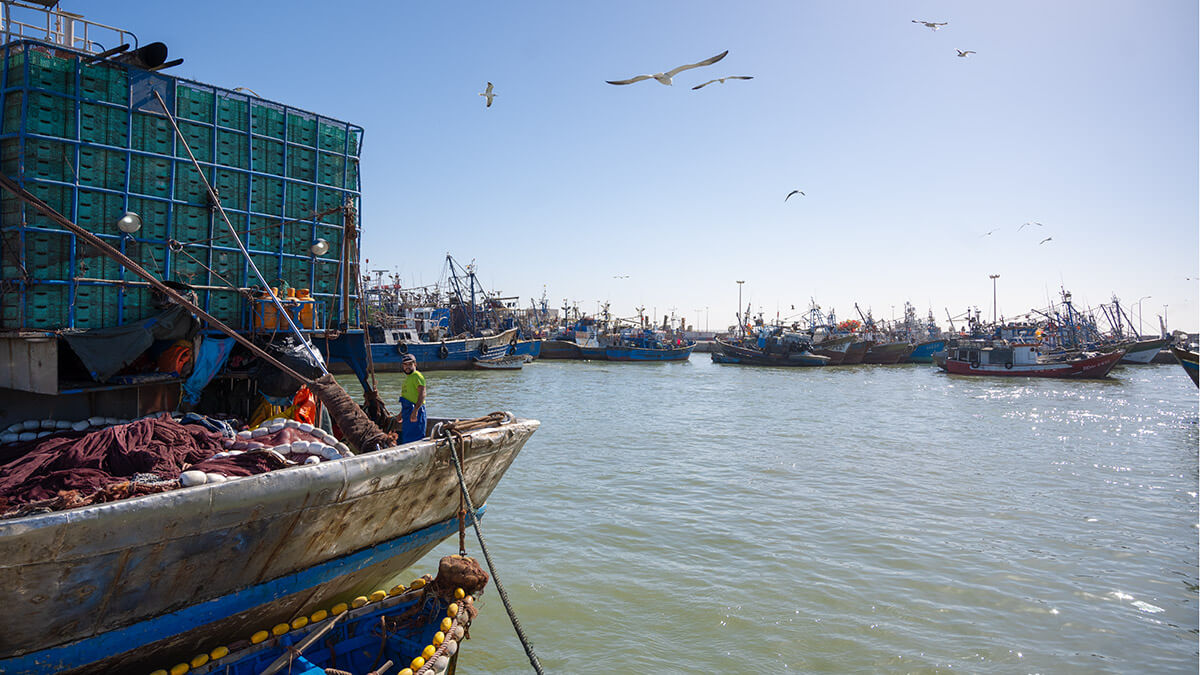
Flagship projects
A key part of this vision is the Africa-Atlantic Gas Pipeline, a project that will connect West Africa to energy supplies and offer new geo-economic opportunities. This approach also includes the Sahel countries, which need structured and reliable seaports to break their isolation and integrate into continental maritime trade.
Mohammed VI insisted that Africa must act together if it wants to turn the ocean into a sovereign and sustainable resource. ‘The ocean represents our food sovereignty, the foundation of our resilience to climate change and the basis of our energy security, cohesion and regional harmony,’ he said.
The monarch also pointed out that the continent's seas and oceans, despite their wealth, remain fragile and vulnerable. The environment must therefore be considered a fundamental, albeit not exclusive, pillar of ocean governance.
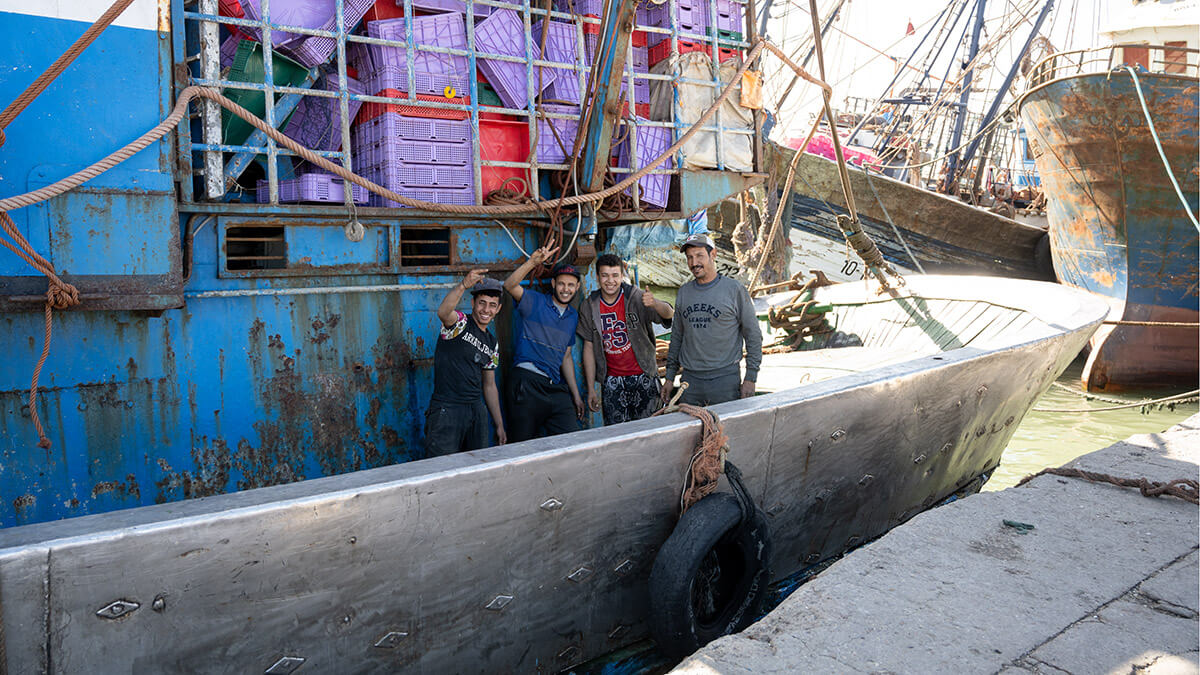
Morocco as a key player in this transformation
With more than 3,500 kilometres of coastline and approximately 1.2 million square kilometres of maritime space, Morocco is positioned as a key player in the transformation of Atlantic Africa. The country not only promotes structural and strategic initiatives, but also has a firm commitment to collective ocean governance.
The message concluded with a clear call: ‘The sea has been and will continue to be a common bond and horizon. It is our collective duty to protect and manage it properly to make it a space for peace, stability and development.’

